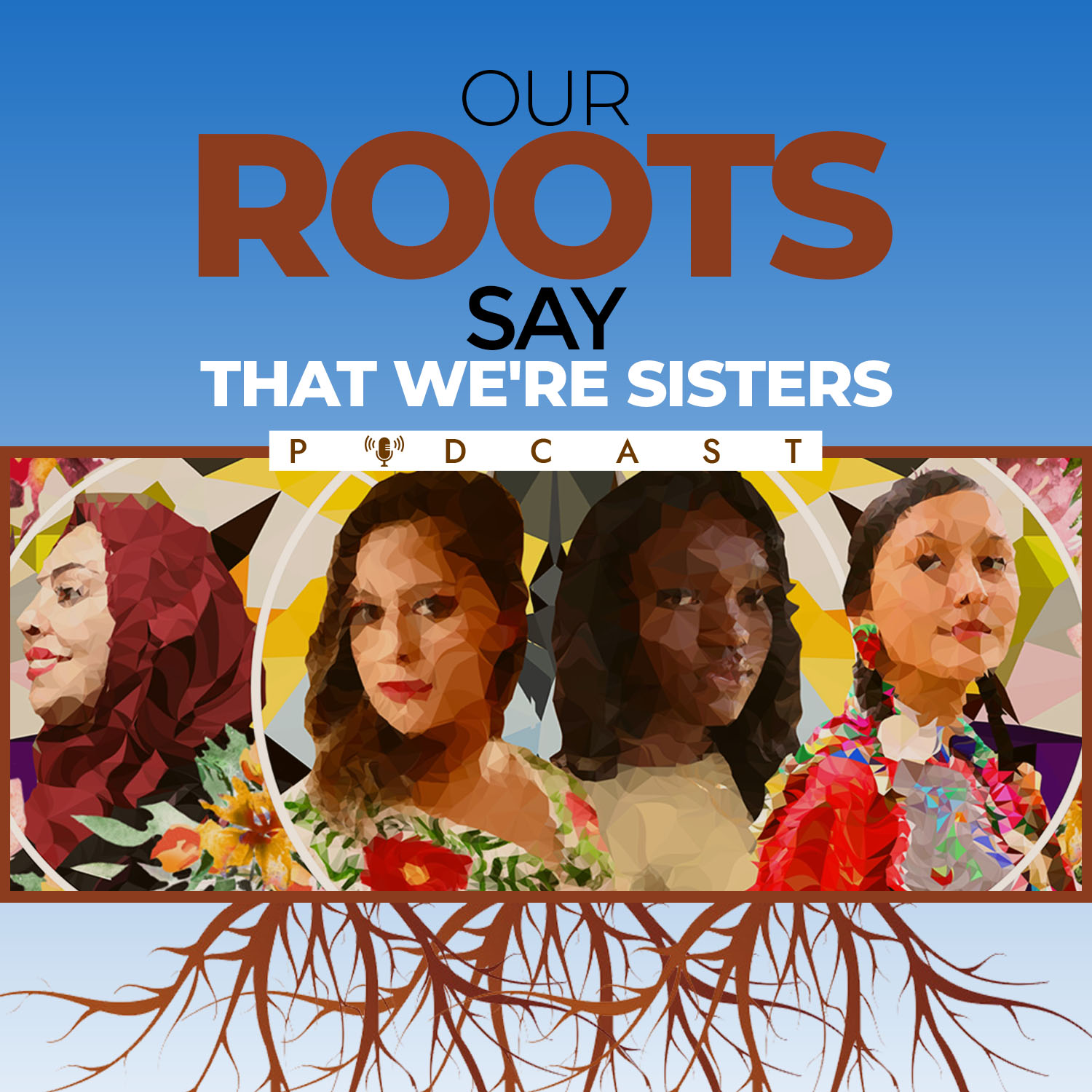Anything That’s Lost Can Come Back with Samantha Majhor
In this episode our host Sheena Carey welcomes Samantha Majhor, Assistant Professor of English at Marquette University. Samantha is Native American, and her area of focus is Native American literature.
Episode Highlights:
01:40 – Anything that’s lost can come back.
03:30 – I was looking into literature to find what I was unable to get from my family.
03:58 – It wasn’t until my graduate work at the University of Minnesota, where I had the opportunity to take the Dakota language, that I really felt like I understood the Dakota thinking and Dakota philosophy, and it really opened up the channel for my family history.
10:38 – I think it is so important, knowing from my students and my own experience as a student, that to see people like you being honored, being visible on the campus, is incredibly important.
15:57 – Learning history through art is the best way to learn history.
Interview:
01:10 – What is the story you’d like to share with us today? – I would like to share a story about growing up in a mixed-race household and finding my roots through literature and language after, like many native American families, my family lost touch with much of our culture through generations of assimilation policies.
01:44 - How do you identify? – I am Dakota and Assiniboine descendancy.
02:48 - How did you get on to your path? – I love poetry and I’ve always loved literature and language and I majored in sociology and in English.
06:33 - How does your identity influence the choices that you’ve made? –
My work concentrates on, or draws from a particular part of my identity. For me, there’s a real family connection in learning about and teaching about Native American heritage.
09:55 – How has the mural project resonated for you? – I was so excited by the different representations in the mural. I think it is so important, knowing from my students and my own experience as a student, that, to see people like you being honored, being visible on the campus, is incredibly important.
10:54 - What has been Marquette’s impact on women of color? – I’m somewhat new to Marquette. I’m still learning what the Marquette is. As with any institution, I know there are alumni that have paved the way for our students of color, for me.
12:00 - How has Marquette impacted your sense of self-worth? – I’m doing some really exciting work, I think there are really lovely people at Marquette, there’s good work to be done.
13:08 - Who are the women of color that inspired you? – I could list a whole number of Native American writers, Joy Harjo, Louise Erdrich, my mentor…
15:00 – What role has vulnerability played in the path that you’ve taken? – Vulnerability does come in when you decide to study something that is personal to you.
16:44 - What impact do you hope to have on women of color? – I hope to be the kind of mentor that I’ve had, which is someone who looks for opportunities, for others, and for those coming up behind.
18:05 - What are your hopes for the future? – My hope is that we come out on the other side having made actually a lot of progress. My hope is to be a part of that.
20:40 - What would you like our community to know about you and your journey? – We can learn a lot through literature. Nothing is ever lost.
Contact information:
Jacki Black
pronouns: she/her/hers
Associate Director for Hispanic Initiatives
Marquette University
454 Zilber Hall | PO Box 1881 | Milwaukee, WI 53201
414-288-4118
http://www.marquette.edu/diversity/
Credits:
The Our Roots Say That We're Sisters Podcast series was recorded and produced by Podcast Town (www.podcasttown.net)
